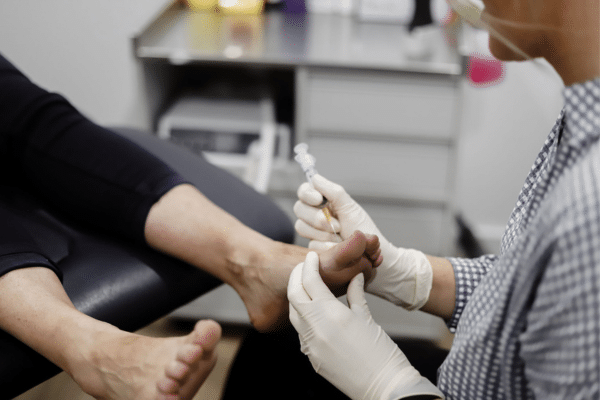Pelvic health is a crucial aspect of overall well-being, yet it remains shrouded in silence and stigma for many women. The reality is that pelvic floor dysfunction is common, but it’s important to remember that common does not mean normal. By breaking the taboos surrounding these issues, we can empower women to seek the help they need and deserve.
This Women’s Health Week, our in house pelvic health physiotherapist Jessica Fishburn categorised pelvic floor dysfunction into four broad types:
Incontinence
Incontinence, perhaps the most recognised form of pelvic floor dysfunction, affects women of all ages. It includes:
- Stress Urinary Incontinence: Leakage that occurs during physical activities such as coughing, sneezing, or exercise.
- Urge Urinary Incontinence: A sudden, intense urge to urinate, often resulting in involuntary leakage.
- Mixed Urinary Incontinence: A combination of stress and urge incontinence.
- Faecal Incontinence: The involuntary loss of bowel control, leading to unexpected stool leakage.
Constipation
Constipation, often dismissed as a minor issue, can be a significant indicator of pelvic floor dysfunction. It can lead to discomfort, pain, and strain, further exacerbating pelvic health problems.
Pelvic Organ Prolapse
Pelvic Organ Prolapse occurs when one or more pelvic organs (such as the bladder, uterus, or rectum) drop from their normal position and push against the walls of the vagina. This can cause a range of symptoms, from discomfort and pressure to difficulties with urination and bowel movements.
Pelvic Pain
Pelvic pain is a broad category that can encompass:
- Period Pain: Severe menstrual cramps that can interfere with daily life.
- Sexual Pain: Discomfort or pain during intercourse, which can stem from various underlying pelvic issues.
- General Pelvic Pain: Persistent or recurrent pain in the pelvic region, unrelated to menstrual cycles.
- Bladder Pain: Painful urination or bladder discomfort, sometimes associated with conditions like interstitial cystitis.
- Bowel/Rectal Pain: Pain during bowel movements or persistent rectal discomfort.
Breaking the Silence
Talking openly about pelvic floor dysfunction is crucial for several reasons. First, it helps normalise the conversation, reducing the stigma that prevents many women from seeking help. Second, awareness is a key component of early intervention, which can greatly improve outcomes. Finally, it empowers women with knowledge about their bodies, helping them to make informed decisions about their health.
While these issues are common, they are not normal, and they are treatable. Physiotherapy, specifically pelvic health physiotherapy, offers a range of effective interventions that can dramatically improve quality of life. From tailored exercises to lifestyle modifications, these treatments can address the root causes of dysfunction and lead to lasting change.
Jean Hailes Women’s Health Week is an ideal time to start these conversations and continue them beyond this week. By breaking the taboos, we can create a supportive environment where women feel comfortable discussing their pelvic health openly and seeking the care they need.
You can read more about Pelvic Health Physiotherapy at Gen Health here.
Disclaimer
All information is general and is not intended to be a substitute for professional medical advice.


